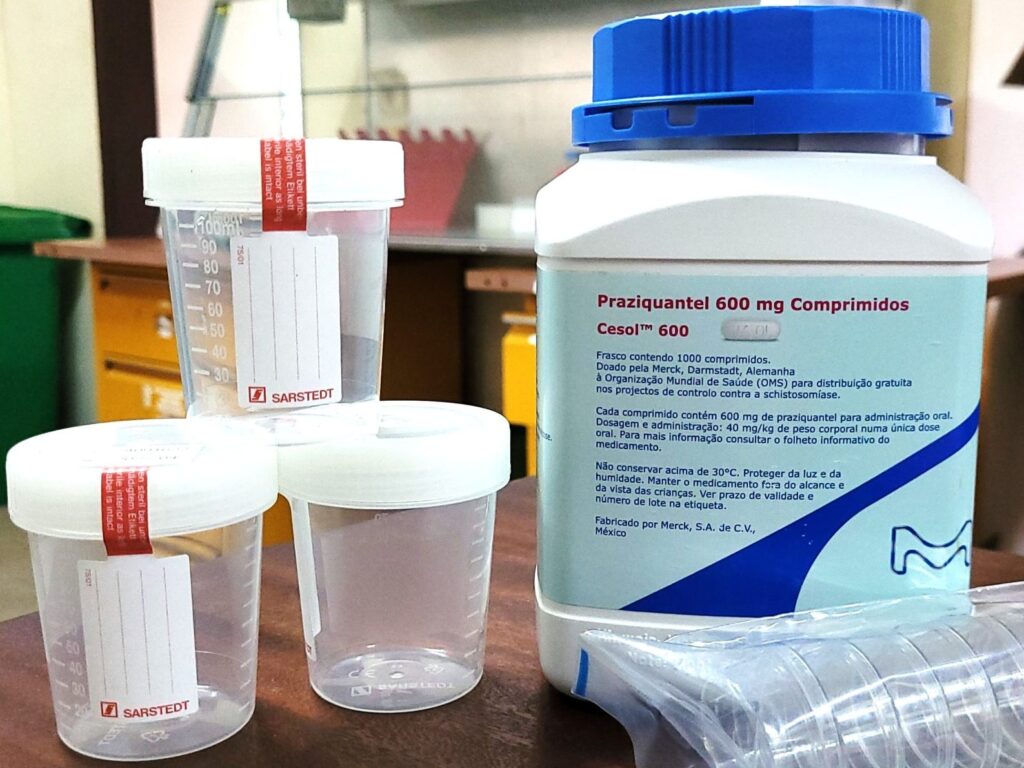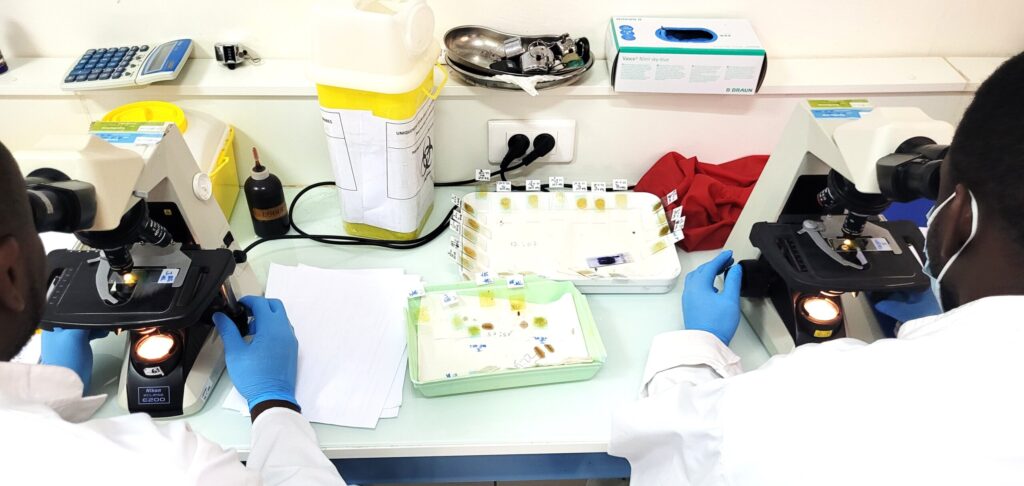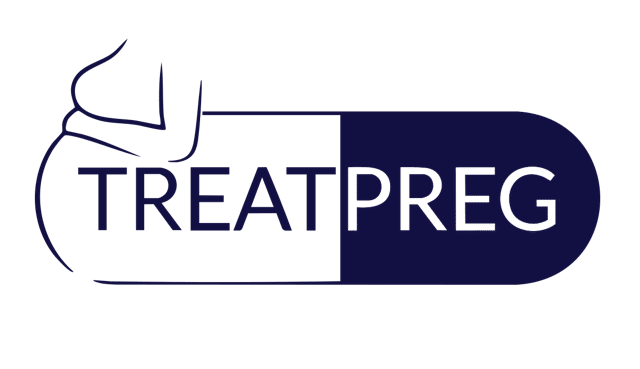TreatPreg: Protecting mothers and babies from parasitic infections
Pregnant women in sub-Saharan Africa face serious health risks from parasitic infections such as malaria parasites, schistosomes, and intestinal worms. These infections often cause anaemia, which affects more than half of all pregnant women and increases the risk of illness and even death for both mothers and babies.
Although the World Health Organization (WHO) recommends preventive antiparasitic treatments during pregnancy, many health systems struggle to deliver these medicines consistently. Concerns about giving several drugs at once, and the challenges of integrating them into routine antenatal care, have slowed progress—despite growing evidence that the benefits far outweigh the risks.
The TreatPreg project, funded by EDCTP3, is working to change this. Through a large multi-country study, we will test the safety and effectiveness of combining antiparasitic treatments during pregnancy. We will also assess costs, strengthen local scientific leadership, and work closely with health authorities to support better maternal and newborn care.
Our goal: healthier mothers, healthier babies, and stronger health systems across sub-Saharan Africa.

Why TreatPreg matters
In sub-Saharan Africa, many pregnant women face dangerous infections from parasites causing malaria, schistosomiasis, and intestinal worms. These parasites drain the body of iron and nutrients, often leading to anaemia — a condition that affects over 40% of pregnant women in the region. Anaemia during pregnancy can cause serious complications for both mother and child, including higher risks of illness, low birthweight, and even death.
The WHO recommends preventive treatments for these infections during pregnancy. However, in many places, these medicines are not given regularly or in combination, partly because of concerns about giving multiple drugs at once. Yet, evidence suggests that the health benefits outweigh the risks.
This is where TreatPreg comes in.

What TreatPreg will do
TreatPreg is an international research project that will test whether giving several antiparasitic medicines together during pregnancy is safe, effective, and practical. The project brings together scientists, health authorities, and communities from several African countries to find solutions that work in real-life healthcare settings.
The project’s main goals are to:
Test safety – Find out if giving the medicines together is safe for mothers and babies.
Improve health – Measure the effect on anaemia, birth outcomes, and child development.
Simplify care – See if women can safely receive all preventive treatments during the same antenatal visit.
Check interactions – Study how the drugs work together in the body.
Assess value – Evaluate cost-effectiveness to guide future healthcare investment.
Support policy change – Work with ministries of health, WHO-AFRO, and Africa CDC to prepare for integration into national programs.
Build local leadership – Strengthen African expertise in clinical trials, maternal health, and public health research.

Lasting Impact
Over the next five years, TREATPREG will not only test new approaches but also strengthen local scientific capacity and health systems. By working closely with African researchers, health providers, and policymakers, the project aims to ensure that results are translated into better care for mothers and babies.
In short: TreatPreg is paving the way for safer pregnancies, healthier newborns, and stronger healthcare systems in Africa.
